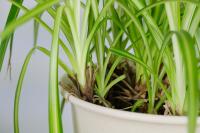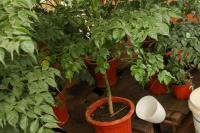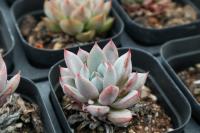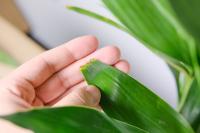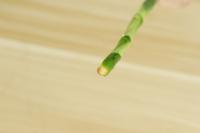1、 What is a grub
Grubs are the larvae of beetles or beetles, commonly known as chicken worms, and adults are commonly known as beetles and beetles. It is larger than ordinary insects. The body shape is curved and C-shaped, mostly white and a few yellow and white. One to two years is a generation, in which the larvae and adults spend the winter in the soil. They hide in the soil during the day and come out for food at eight or nine o'clock at night. It has false death and negative phototaxis, and has phototaxis to rotten manure
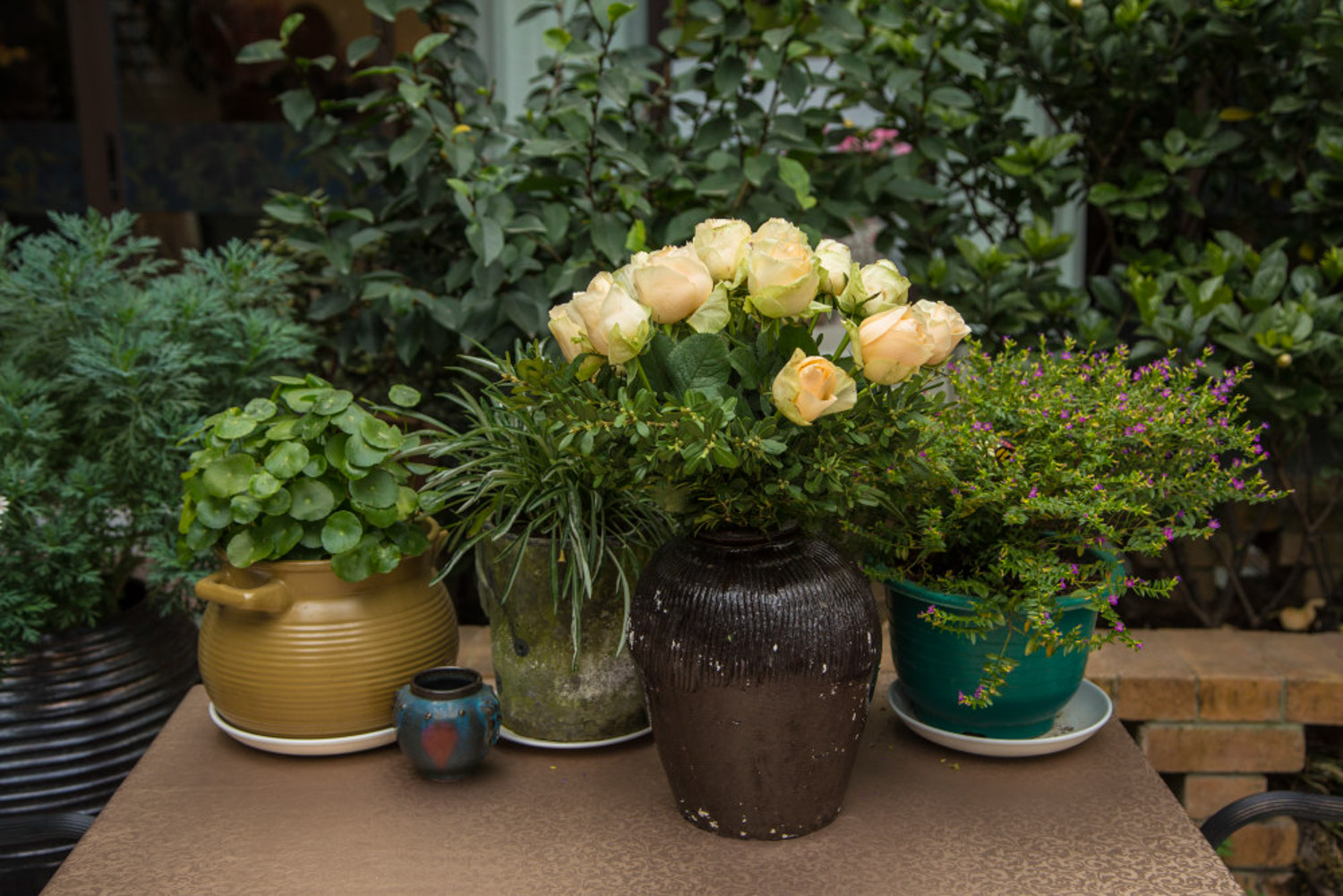
2、 What's the harm
Grubs can be divided into three types according to their feeding habits: phytophagous, saprophytic and fecal. Among them, phytophagous grubs are most widely distributed and will harm many crops, flowers, seedlings and cash crops. Like to eat just sown seeds, roots, tubers and seedlings, and the wounds caused by them are also easy to induce diseases. They are underground pests and do great harm. Its activity is closely related to the temperature and humidity of the soil. When the soil temperature is between 13-18 degrees, its activity is the most prosperous
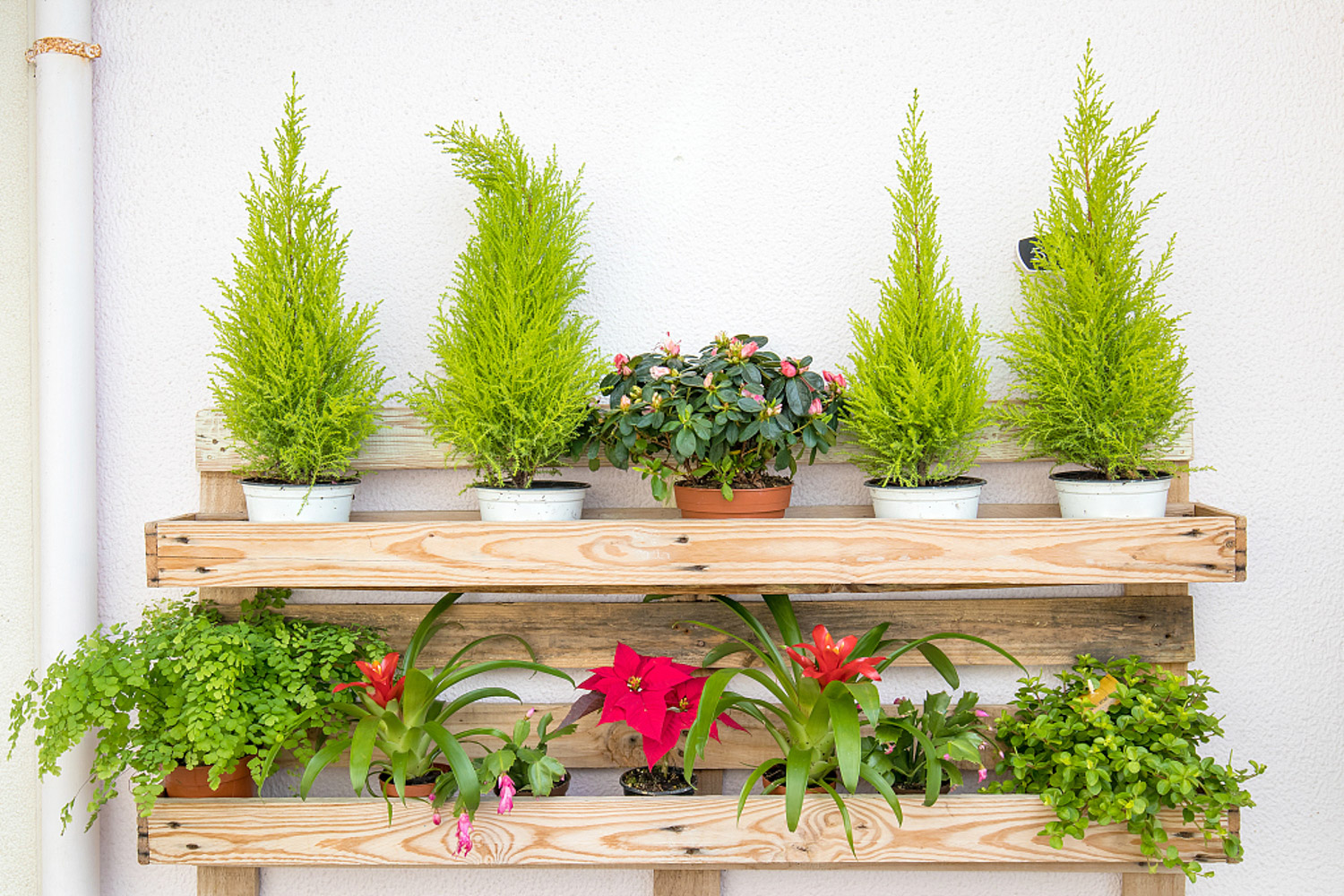
3、 How to prevent
If you want to control grubs, you can use the method of water and drought rotation. Watering should be carried out in time during the management period, and pay attention not to apply organic fertilizer that is not rotten. The soil can also be treated with chemicals. Specifically, phoxim emulsifiable concentrate is used to dilute and mix the soil with water to make toxic soil, which is applied along the ridge. Or seed dressing with chemicals before sowing, so that pests can be controlled after planting. In addition, poison bait can also be used to lure and kill, and the bait mixed with medicine can be sprinkled in the seed ditch, which also has a good control effect


 How to quickly remov...
How to quickly remov... What is xiaoheifei? ...
What is xiaoheifei? ... Effective methods of...
Effective methods of...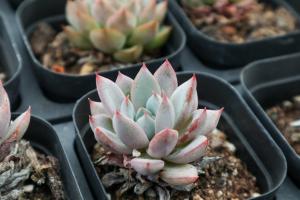 How to eliminate the...
How to eliminate the... What if there are an...
What if there are an...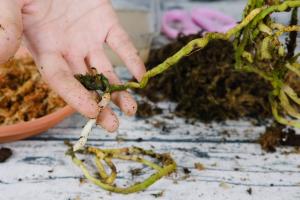 What's the use of bu...
What's the use of bu...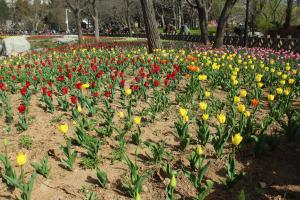 Do tulips have insec...
Do tulips have insec...


























